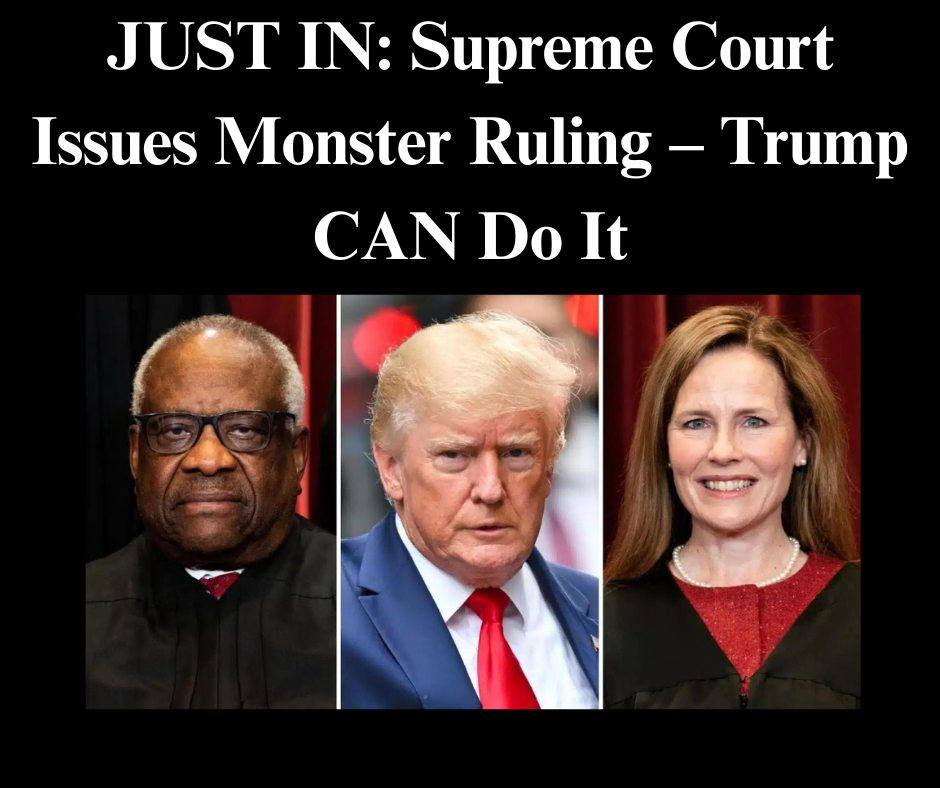While President Donald Trump has faced setbacks in several legal battles during his second term, he scored a significant victory at the Supreme Court on Tuesday. The Court ruled in favor of the Trump administration’s plan to enforce a ban on transgender individuals serving in the military, a decision that came as a win for his broader agenda.
The ruling allows the administration to immediately implement its policy, which had been delayed due to lower court challenges. In typical emergency decisions, the Supreme Court didn’t provide a detailed explanation for its decision. However, the three liberal justices disagreed with the ruling but did not issue a formal opinion.
This policy marks a return to a ban similar to the one implemented during Trump’s first term, although it’s stricter. Under the new policy, transgender individuals diagnosed with gender dysphoria or exhibiting related symptoms will be separated from military service. Additionally, the Pentagon will no longer accept transgender individuals into the military.
According to CNN, a senior defense official revealed that there are currently 4,240 active-duty service members, reserve members, and National Guard personnel who are diagnosed with gender dysphoria. However, not all transgender individuals experience gender dysphoria, which is a psychological condition where a person’s gender identity doesn’t match the one assigned at birth.
When Trump took office in 2017, he issued an executive order directing the Pentagon to ban transgender service members, arguing that their presence could negatively affect military effectiveness, preparedness, and unity.
While critics of the decision may label it as “unfair” or “discriminatory,” it’s worth noting that military service is a privilege, not a right. Individuals with certain medical conditions, including gender dysphoria, along with physical health issues like heart disease and diabetes, are typically excluded from military service.
As Commander-in-Chief, the President has the authority to make decisions about military policy. Unfortunately, three justices on the Supreme Court did not agree with this viewpoint.
